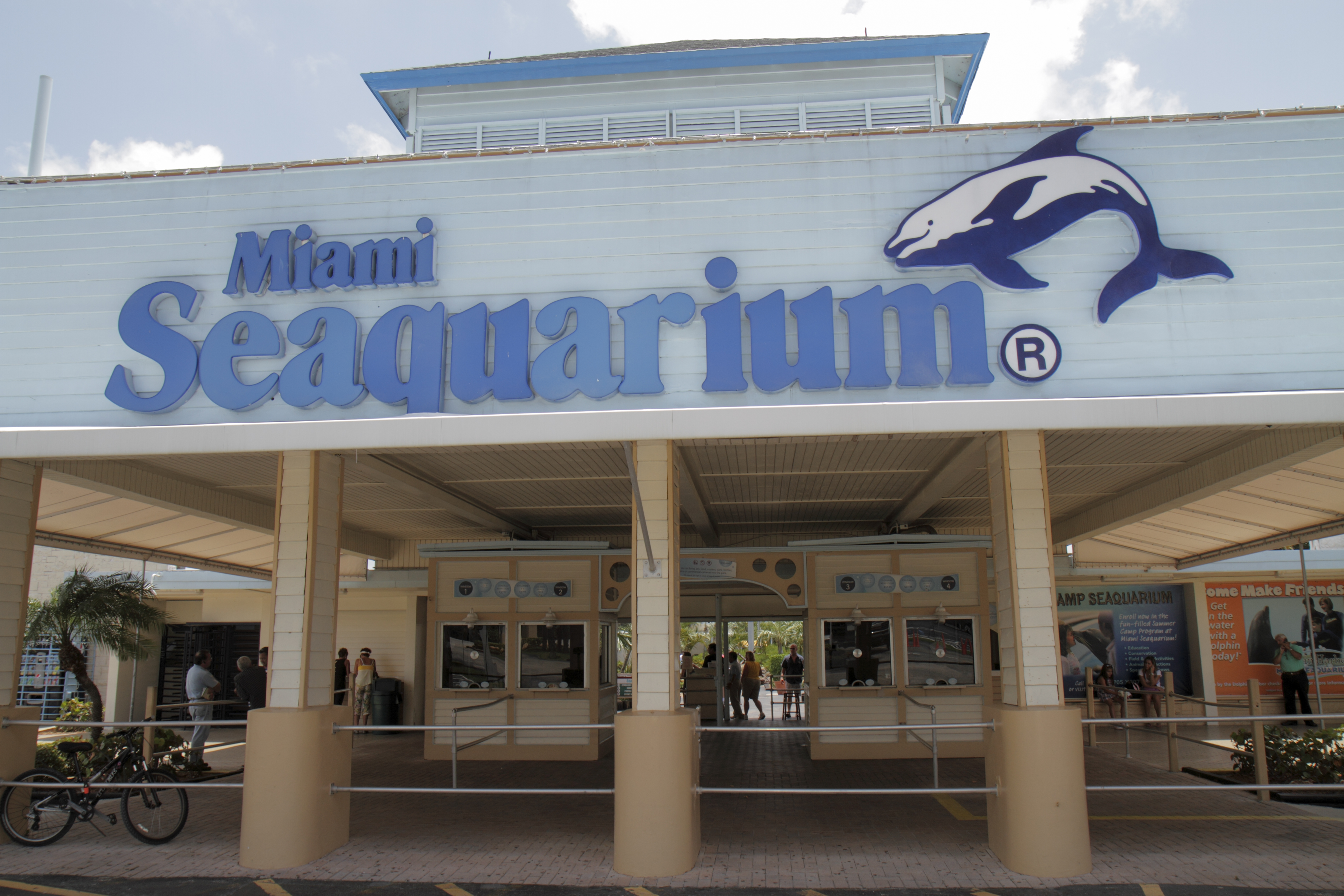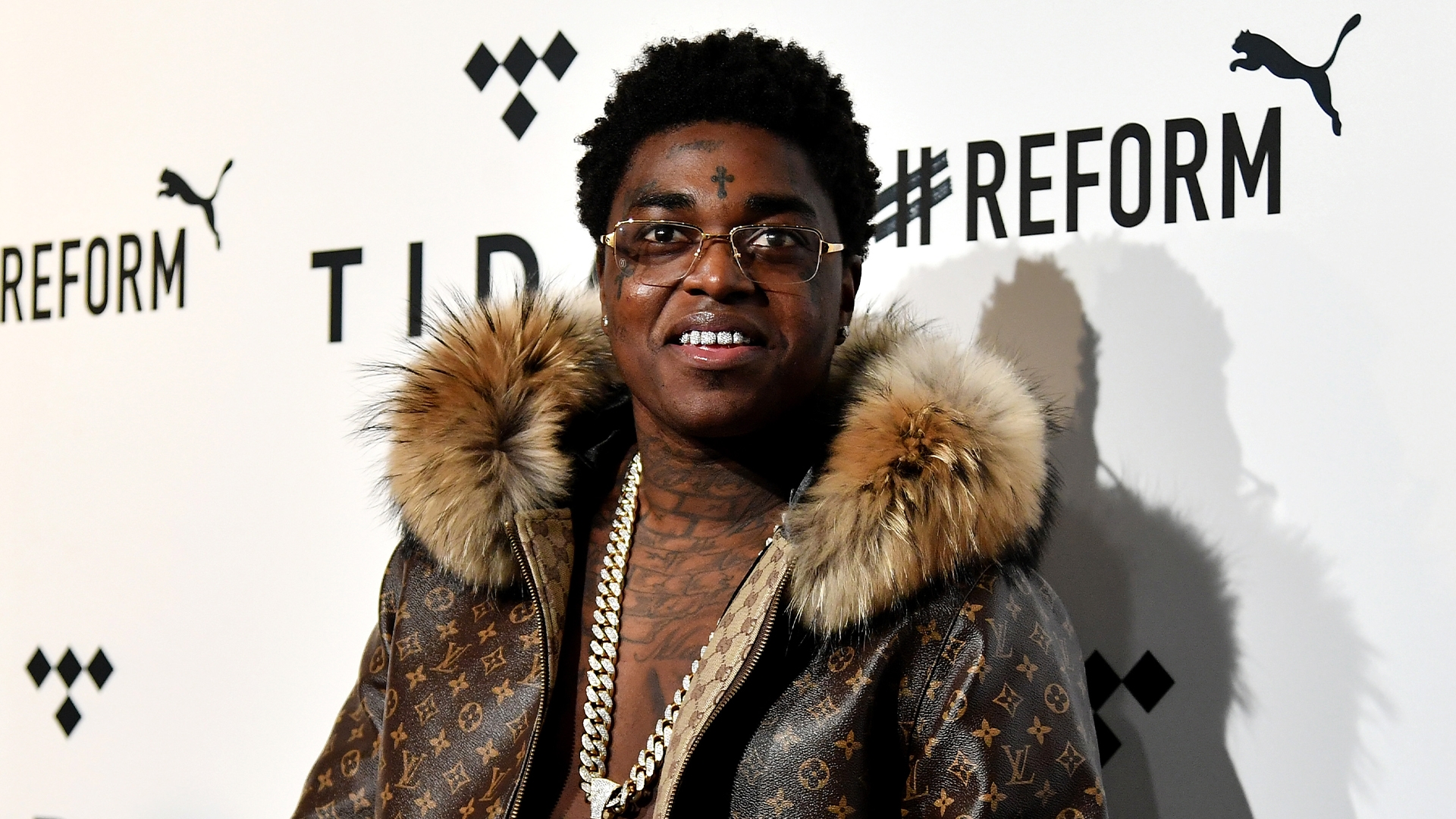When Hurricane Irma hit South Florida, the storm created a huge dent in Miami’s poorest communities. Many who struggle for basic necessities faced a new challenge as power outages brought South Florida to a halt.
Low-income residents in Little Haiti, Liberty City and Overtown were without electricity for days. And, for those who depend on government assistance, having no power makes it difficult to purchase food because EBT cards are not accepted at powerless stores that are servicing cash-only customers.
That’s why community leaders stepped up to lend a helping hand to these individuals — at a time when many of them say they felt forgotten. Miami City Commissioner Keon Hardemon launched an effort to deliver the basic necessities to the aforementioned communities throughout the week.
Father Rev. Fr. Reginald Jean-Mary of Notre Dame d’Haiti Catholic Church also spent the week reaching out to his community as the church serves as a lifeline for nearby residents. The church leader said he didn’t expect Hurricane Irma’s impact to be as great.
“We thought that everything was going to be okay, especially since we were not going to be hit by the eye of the hurricane,” Father Jean-Mary said.
A team of volunteers hosted community barbecues where they distributed water, ice and hot meals to residents of Notre Dame d'Haiti Catholic Church, Charles Hadley Park and Gibson Park. Similar events were held in Pembroke Pines.
Local
“We could not ask for anything better,” Michelle Rodriguez, a Little Haiti resident, told NBC 6.
Some groups voiced their discontent with the federal government’s lack of intervention in low-income communities. Grassroots organizations, including the New Florida Majority, Dream Defenders and Florida Immigrant Coalition, joined forces to set up a relief fund to help residents.
“As we saw with Hurricanes Andrew, Katrina, Sandy, and Harvey, low-income communities of color are often the least equipped to weather intense storms,” Andrea Mercado, executive director of the New Florida Majority. “The lack of electricity, potable water, and phone service is a dangerous combination, especially in poor communities where families may not have had the resources to purchase supplies.”
A rally was held outside the Buena Vista Apartments in Little Haiti Friday afternoon. Outraged advocates said minority and low-income communities are last on the list when it comes to the government’s relief efforts.
“The people want to know ‘Where is FEMA? Where is the Red Cross? And, where are the billions of dollars that you have raised in our name?’” exclaimed St. James Valsin of the Dream Defenders Organization.
Meanwhile, the Florida Department of Children and Families is working with USDA’s Food and Nutrition Service to activate the Disaster Supplemental Nutrition Assistance Program in eligible counties soon — to provide funds to victims of Irma who are in need of food.



